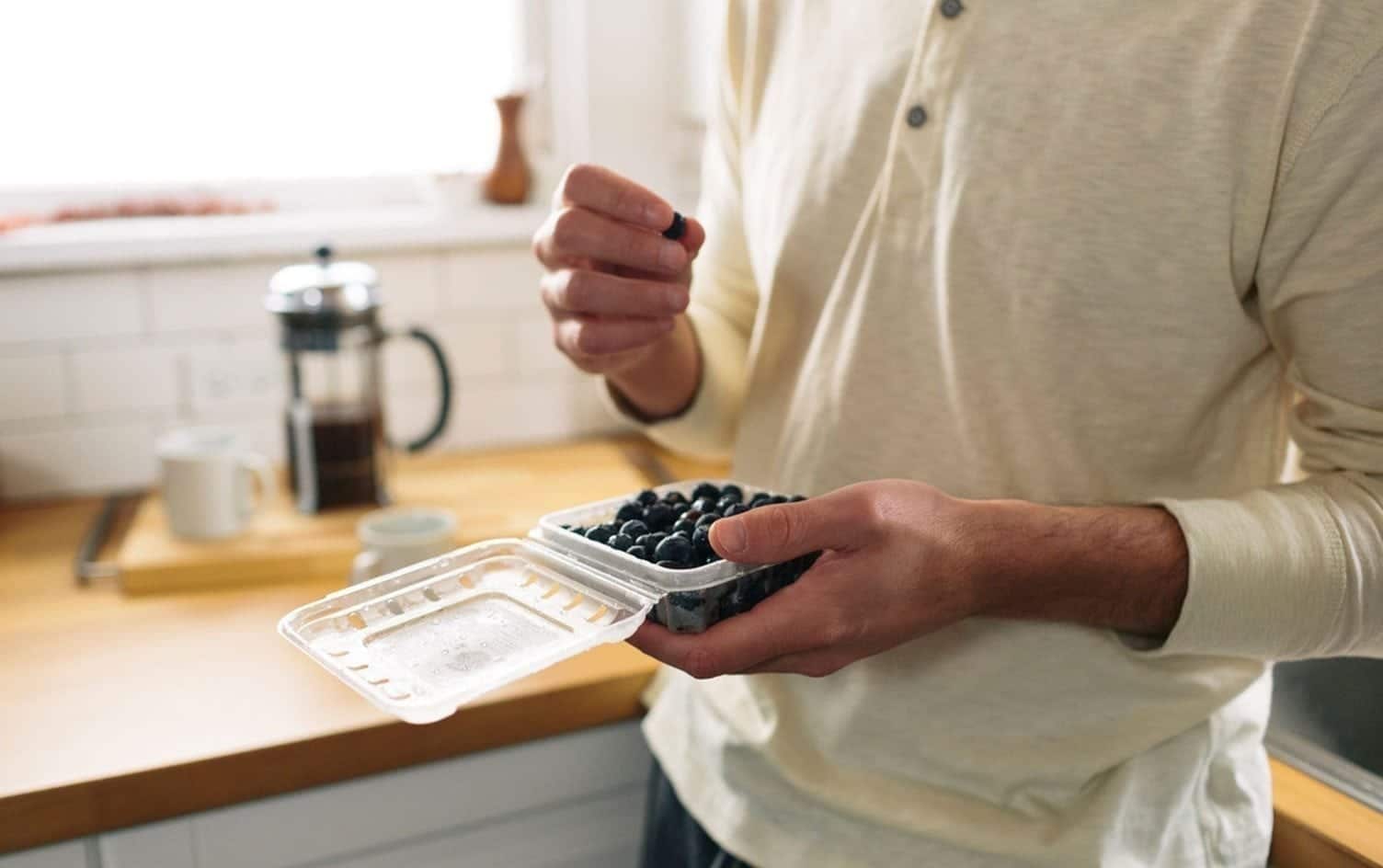Calories in, calories out. Oh, if it were only that simple. The good news is, there’s more to it than math. Figuring out how many calories you’re consuming isn’t an easy feat. In fact, people who struggle with their weight tend to underestimate their calorie intake by 40% compared to people of normal weight, who underestimate how much they eat by an average of 20%. Let’s take a deeper look into the reasons you might be underestimating your calorie intake.
1. PORTION DISTORTION
A tablespoon of peanut butter is roughly 100 calories, but you could be off by 50 calories or more if you serve yourself up a heaping tablespoon or two. You can see how the calories can add up over the course of the day. Even trained bartenders get standard drinks wrong, and overpour. It’s hard to know how much you’re eating unless you’re actually measuring it. And let’s be honest: Who’s got the time or patience for that? Being meticulous about portions has pros and cons, and for some, it can lead to an unhealthy relationship with food and disordered eating.
2. TECHNICAL DIFFICULTIES
Tracking apps like MyFitnessPal make calorie counting easier, if you know how to use them properly. But if you don’t record the right portion size or select a different brand than you actually consumed, you may be off with your counting. Using the barcode scanner and recipe function within the app makes your calorie counting more accurate.
READ MORE > YOUR QUICK & EASY GUIDE TO CREATING A CALORIE DEFICIT
3. LABEL LIES
Ready for your mind to be blown? Just because the nutrition information on a bag of chips says it contains 140 calories per serving, that doesn’t mean it actually has 140 calories in it. According the FDA labeling laws, a 20% margin of error is allowed in regards to calories, sugars, total fat, saturated fat, cholesterol and sodium. Thus that bag of chips may actually contain 168 calories and it would still be in compliance with the law. The secret’s out, folks.
4. THERE’S ALWAYS A VARIANCE — ESPECIALLY WHEN EATING OUT
If you’re eating out and relying on restaurants to be accurate when they post calories on the menu, good luck! In most cases, those are lowball estimates, especially if you’re eating the “healthy” options at a sitdown restaurant. The average American eats at least one meal outside of the home every day, which means we’re likely eating north of 100 calories more than we think we’re consuming. Fast-food chains tend to have more accurate calorie counts since everything is more standardized, pre-made and heat-and-serve, which leaves less room for human error or recipe adjustments. But we all know that’s not necessarily the best fuel for your body anyway.
5. EATING AMNESIA
We’re so busy that we eat on the go and have snacks at the ready, which means we often forget what we ate. We can be so distracted during our day that we forget to track that handful of almonds we ate during our meeting.
Those little nibbles can add up to 300 or more calories per day and you wouldn’t even know it.
6. NOT COUNTING CALORIES IN THE BLTs
Not the bacon, lettuce and tomato sandwich — rather the little bites, licks and tastes we’re probably all guilty of while prepping a meal, packing the kids’ lunchboxes or putting leftovers from dinner away. Those little nibbles can add up to 300 or more calories per day and you wouldn’t even know it.
7. EATING TOO CLEAN
I see this often in practice. Clients eat very scheduled and super clean from their meal prep madness during the week and then stop tracking on the weekends. We all need a little time off, right? And we like to go out and be social on the weekend, which often leads to eating out and celebrating with adult beverages. Being too strict during the week can give you a false sense of the average calories you’re actually consuming throughout the week, which in fact does include the weekend splurge.
While calorie counting can be a helpful tool for weight loss, it shouldn’t be the end all, be all and is actually most helpful if used as a guide. Calorie counting is a tool that provides insights into your dietary habits and preferences and allows you to learn to be a confident, balanced and intuitive eater. When tracking your food intake, notice more than the calories — how many protein, carbs and fats are you eating? Are your meals balanced in size or are you skipping and overeating? How many cups of vegetables are you eating a day?
Remember, too, that whole, unprocessed and nutrient-dense foods should make up the base of your diet, and they often don’t come with a nutrition facts panel. Because most of us tend to underestimate our calorie intake due to labeling variances, portion distortion and the like, take the holistic route by balancing your plate with whole foods to naturally keep your calories in check.




